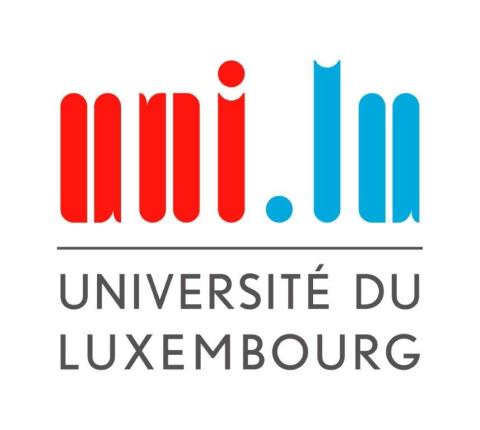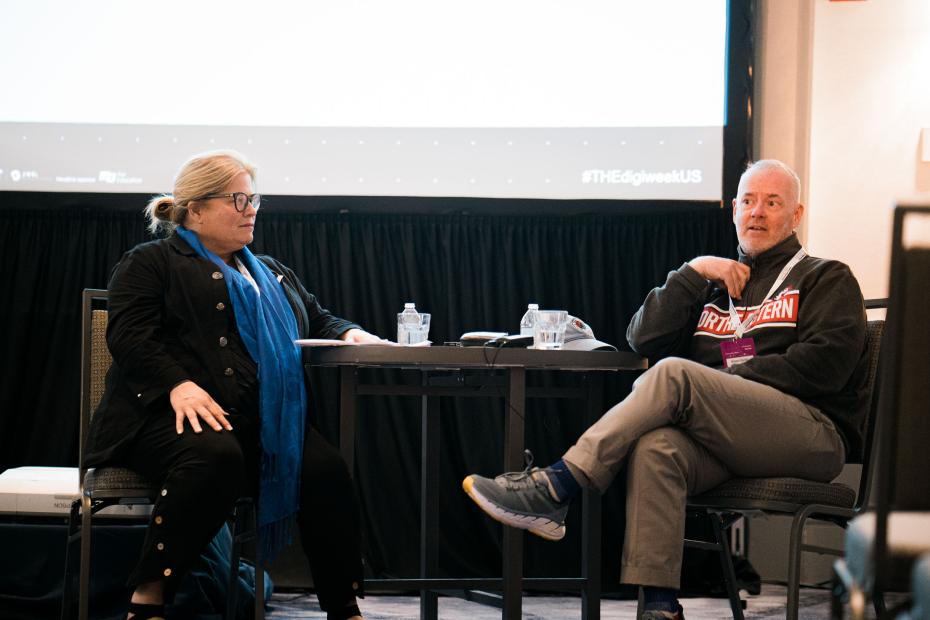
Creating safe spaces for students to talk about financial difficulties
Poor financial health can lead to mental health difficulties and isolation for students. Here, Caroline Deylaud Koukabi and Joanna West offer tips for giving students inclusive spaces to discuss concerns amid the cost-of-living crisis
Financial concerns often arise on a student’s path through university, and financial support is a key part of the inclusion service on university campuses. This makes sense because the correlation between financial need and mental health among students is well documented. High levels of financial instability and basic-needs insecurity often lead to mental health challenges, which in turn can negatively affect a student’s academic performance and progression.
Yet, a stigma is often attached to financial insecurity, and this can prevent students from seeking help.
Creating safe spaces on campus for students to talk about their concerns is essential for several reasons: inclusivity, supporting mental health, encouraging open dialogue and understanding. It is also a visible way to inform the campus community that support is available and that asking for support is a positive step forward.
- Click here for more resources about equity, diversity and inclusion
- Collection: Well-being in higher education
- Resource: Support for students in work placements
Apart from being places of physical safety, safe spaces also offer emotional safety; these interconnected concepts support an environment where students, especially those belonging to marginalised or vulnerable groups, can feel secure, respected and free from judgement or criticism.
The University of Luxembourg’s Inclusion Office (Service des Études et de la Vie Étudiante or SEVE) is a safe space on campus to talk about inclusion issues, a place where students can come and share their worries without feeling exposed or judged. By offering financial support, we have a more diverse student body and we have a positive impact on retention and graduation rates. At SEVE, we believe that creating a safe, caring, supportive environment encourages students to share their situations, concerns and thoughts with professionals, and we work together to find solutions.
How to create a safe place for students
Creating a safe space is no easy task – especially when physical campus space is limited. And it often requires a deliberate effort to create an environment where students feel welcome, respected and supported. The Inclusion Office’s focus is on communication, boosting awareness of campus resources and informing students that professionals are available if they wish to talk with someone.
Under the umbrella of the UMatter initiative, the university affirms that every student matters. Just making this known can often encourage students to visit campus safe spaces for help, support and guidance when facing challenges or during uncertain times. Our communication strategy includes faculty and staff because we find this can be an effective way to signpost safe spaces.
When students visit the service, they have access to trained professionals such as inclusion specialists, psychologists, coaches, counsellors and mentors. The inclusion team offers an empathetic ear and understanding in an open and non-judgemental space. The team has developed well-being, self-help and information resources to complement a holistic approach to financial support for our students.
What financial support do we offer students?
UMatter’s underlying philosophy is to create a holistic frame around students experiencing financial difficulties to ensure their physical, emotional, social and academic needs are supported at the same time. At the University of Luxembourg, we financially support students in several ways. On top of traditional scholarships and grants, the university and Friends of the University of Luxembourg offer traditional and targeted hardship support that is open to bachelor’s, master’s and self-funded doctoral students. The hardship funds focus on housing assistance and subsistence support for a limited time. Food vouchers are available to students to ensure access to healthy, nutritious food, and the Access to Tech initiative provides laptops on long- and short-term loans so students have the tools they need for their studies.
The inclusion service works closely with the university career service to support and prepare students who are actively looking for jobs. Students receive advice and information regarding their CVs, application letters and interview techniques, and they have access to open positions at the university and in Luxembourg.
All our students are encouraged to get involved with the Campus Life programme, which offers free social, sport and well-being activities both on and off campus.
What’s the impact of inclusivity support?
At the Inclusion Office, we notice our approach to supporting students and offering a safe space to talk through difficulties is working. The number of students visiting the service increases each year, due to a mix of the cost-of-living crisis, world events and more awareness of the service. In their feedback, students who have received support report lower stress levels, improved quality of sleep and a feeling of being more engaged in academic and social life.
Safe spaces are not limited to formal university structures. We also offer peer-support networks through student associations and clubs. Peer support can be an accessible and effective avenue for students to receive support and a first step for signposting services within the university.
By providing safe spaces to talk, and addressing the interconnected dimensions of student well-being, universities can create a strong, positive relationship with students, helping them to thrive on their academic journeys and beyond.
Caroline Deylaud Koukabi is an inclusion and well-being specialist and Joanna West is a team leader in student services and chair of the reasonable adjustment committee, both at the University of Luxembourg.
If you would like advice and insight from academics and university staff delivered direct to your inbox each week, sign up for the Campus newsletter.
Additional Links
For more advice and resources on this topic, go to our Spotlight collection Helping students through the cost-of-living crisis.




